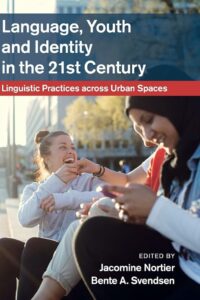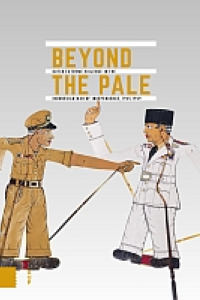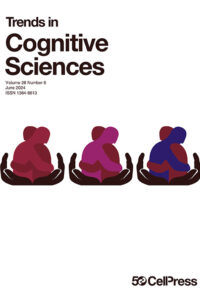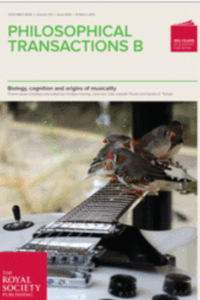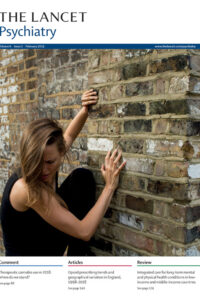This chapter critically analyses the labelling of youthful language use in Belgium and the Netherlands. Urban youthful speech practices have in recent years been assigned a variety of labels, some of which have gained currency among insiders as well as outsiders. Linguists have not infrequently contributed to (the success of) this labelling process through their scholarly descriptions and public communication about their work (see e.g. Labov 1969, 1972a, on ‘Black English vernacular’ or ‘ebonics’). We argue, however, that regardless of the terms chosen, the practice of labelling language use has epistemological and ideological implications that must be addressed in sociolinguistic research. Our chapter presents two case studies to illustrate this. The first shows how linguists’ labels can begin to live lives of their own as they are ideologized in public discourse (cf. Chapter 2). The second demonstrates how an ostensibly technical labelling attempt may be resisted and de-neutralized by those who are labelled. We suggest that making a principled distinction between labels as ethnographic facts and labels as professional acts is a prerequisite for engaging with the intricacies of labelling youth vernaculars.
The Politics of Labelling Youth Vernaculars in the Netherlands and Belgium
